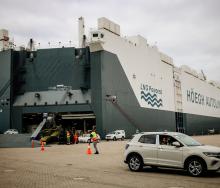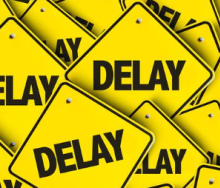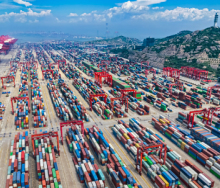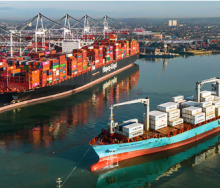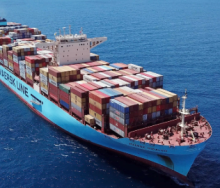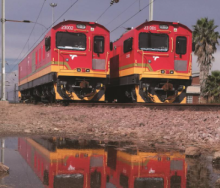Lithium-ion batteries are at the heart of the global transition from fossil fuels, but new research has highlighted that fundamental supply chain changes are needed to eliminate widespread forced labour and child labour abuses.
This was revealed in recent research by AI supply chain risk platform Infyos, which found that most of the world’s battery supply chain was at risk of violating United States and European Union laws on forced labour.
Infyos identified that companies accounting for 75% of the global battery market had connections to one or more companies in the supply chain facing allegations of severe human rights abuses.
Most major battery manufacturers are exposed, including many of the world’s largest automotive, energy storage and electronics brands.
This new industry data is compiled from evidence on Infyos’s AI supply chain risk platform, using thousands of government datasets, NGO reports, news articles and social media sources.
The company’s AI technology is developed specifically for the battery industry to automate the gathering, cleansing and classification of unstructured data to identify and assign confidence ratings to allegations of human rights abuses with accuracy and speed that previously was not possible.
The AI-driven platform is working with some of the world’s largest renewable energy and automotive companies to combine open-source data with additional proprietary data sources to identify which companies a customer may be connected to across the supply chain and where there is exposure to or allegations of human rights abuses.
Infyos co-founder and chief technology officer Tony To said the platform was designed to provide users with insights into the complexities of the battery supply chain so that they could take proactive measures to identify and mitigate risks.
“By leveraging AI in our technology we’ve created a system that delivers accurate data despite the complexity of the battery industry, and most importantly provides users with simple, actionable mitigations to collaborate with their suppliers to address risks and improve the sustainability of the industry,” he said.
The widespread human rights abuses identified range from people being forced to work in lithium refining facilities under the threat of no or minimal pay, to five-year-old children mining cobalt materials out of the ground in hazardous conditions. Severe human rights incidents are occurring globally, especially in resource-rich countries with fragile and corrupt governments like the Democratic Republic of Congo and Madagascar.
However, most of the allegations of severe human rights abuses involve companies mining and refining raw materials in China that end up in batteries around the world, particularly in Xinjiang Uyghur Autonomous Region in northwest China where the battery, automotive and solar industry has already been hit with public allegations of widespread forced labour by journalists, government agencies and non-profit organisations.
Electric vehicle and battery manufacturers have a complex supply chain, sometimes with over 10 000 suppliers across their network, from mines to chemical refineries and automotive manufacturers. Human rights abuses frequently occur upstream in the supply chain, notably at the raw material mining and refining stages, making it difficult for companies purchasing batteries to identify their supply chain risks.
The battery industry’s connections to these incidents stem from manufacturers sourcing components or materials from unethical companies in their supply chain network or entering business relationships, including joint ventures or equity investments hidden in complex and changing ownership structures, which conceal the reality of the unethical connections.
Infyos CEO and co-founder Sarah Montgomery said the relative opaqueness of battery supply chains and the complexity of supply chain legal requirements meant current approaches like ESG audits were out of date and did not comply with new regulations.
“Most battery manufacturers and their customers, including automotive companies and grid-scale battery energy storage developers, still don’t have complete supply chain oversight,” Montgomery said.
Battery-specific regulations within Europe are becoming more stringent.
New EU battery regulations coming into effect between 2024 and 2036 require much more rigorous supply chain visibility and risk management, starting in 2025 with non-compliance leading to products being blocked from the European market.


